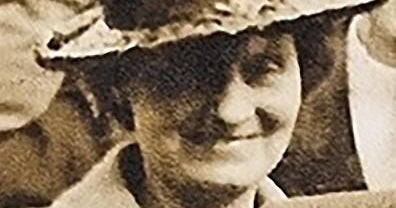Remains of WWII airman identified nearly 80 years after his death
An Army Air Force member from Illinois has been accounted for almost eight decades after he was killed during World War II, officials said.
Tech. Sgt. James Howie is set to be buried in his hometown of Chester on June 3, just days after Memorial Day, the Defense POW/MIA Accounting Agency (DPPA) said Thursday.
Howie, who was assigned to the 345th Bombardment Squadron, was in a B-24 Liberator bomber on Aug. 1, 1943 when it was hit by enemy anti-aircraft fire during Operation TIDAL WAVE, officials said. The plane crashed north of Bucharest, Romania.
Howie's remains were not identified after the war ended, authorities said. His remains, alongside those of other unidentified soldiers, were buried as unknowns in the Hero Section of the Civilian and Military Cemetery of Bolovan, Ploiesti, Prahova, Romania.
The American Graves Registration Command (AGRC) disinterred all American remains from the cemetery after the war, the DPPA said. However, the AGRC was unable to identify more than 80 people, including Howie. They were subsequently interred at cemeteries in Belgium.
In 2017, the DPAA started exhuming the unidentified remains and sending them to a Nebraska Air Force base lab for identification, officials said. There, scientists used dental and anthropological analysis, as well as circumstantial evidence and DNA testing, to identify Howie.
Howie's name is recorded on the Tablets of the Missing at Florence American Cemetery, an American Battle Monuments Commission site in Impruneta, Italy. A rosette will be placed next to his name to indicate that he has been accounted for.




